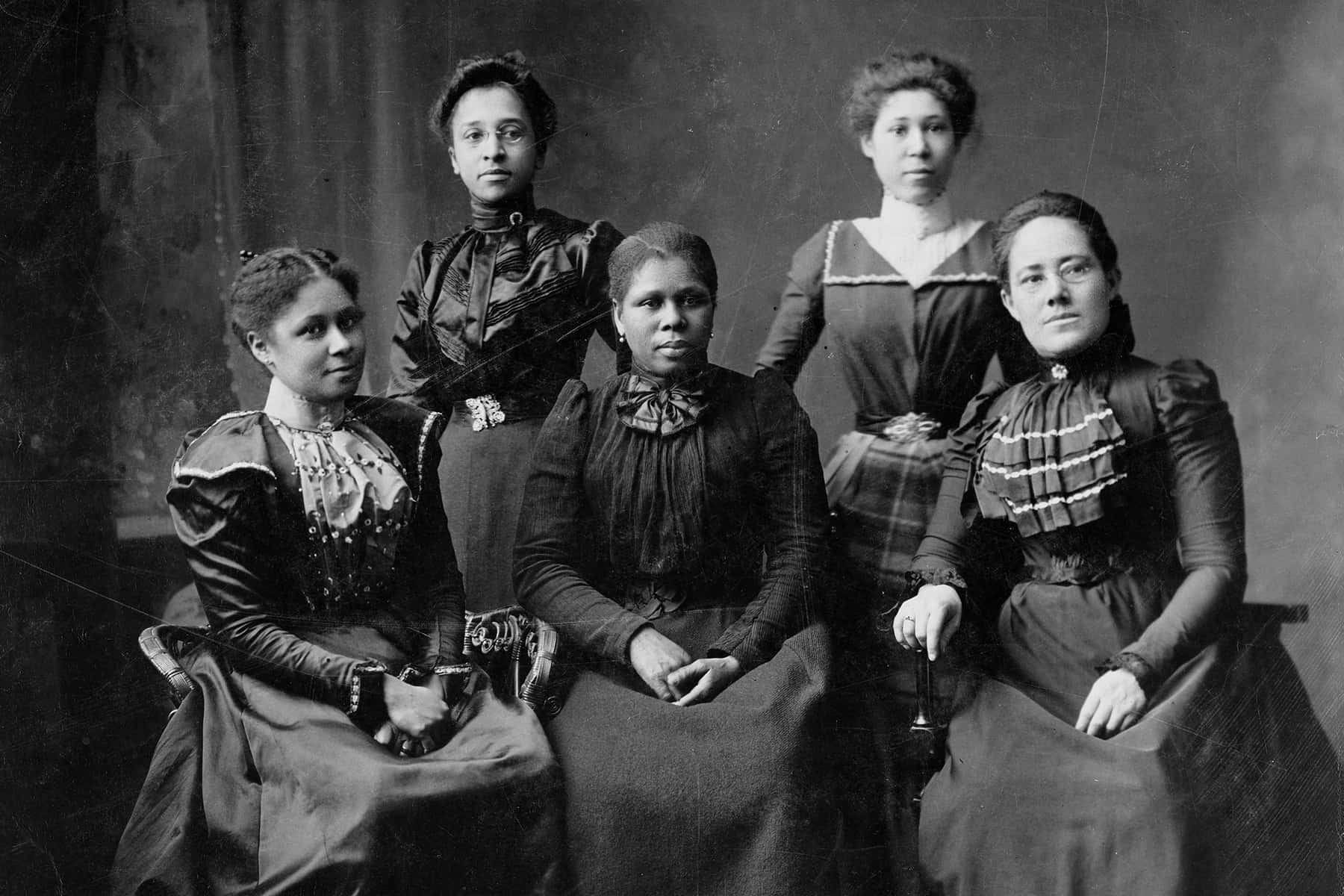
It Happened Over 100 Years Ago
(Japan) on 25 August 2020
by (link to original)
Paul refers to Alice Paul, one of the leaders of the women’s suffrage movement. In the end, Black women participated in the parade, triggering a significant response. The book’s author, Ryoko Kurihara, writes, “Women and African-Americans. There was a subtly tense relationship between these two movements for rights. Among white women, there was a fear that women’s problems would be overshadowed if the focus landed on African-Americans.”
While grappling with various problems like racial confrontation, the movement bore fruit: seven years after the parade, in 1920, the 19th Amendment to the Constitution was ratified, granting women suffrage. Incidentally, Japanese women gained the right to vote after the Pacific War in 1945.
Tomorrow, Aug. 26, marks 100 years since American women gained voting rights. It is truly historic that in this year, Sen. Kamala Harris was selected as the first Black female vice presidential candidate. A report last year by the World Economic Forum, a Swiss think tank, predicts 99.5 years until the gap between men and women is eradicated around the world. It’s been 100 years, and it’ll take almost another 100? It can’t be right that it would take that long.

